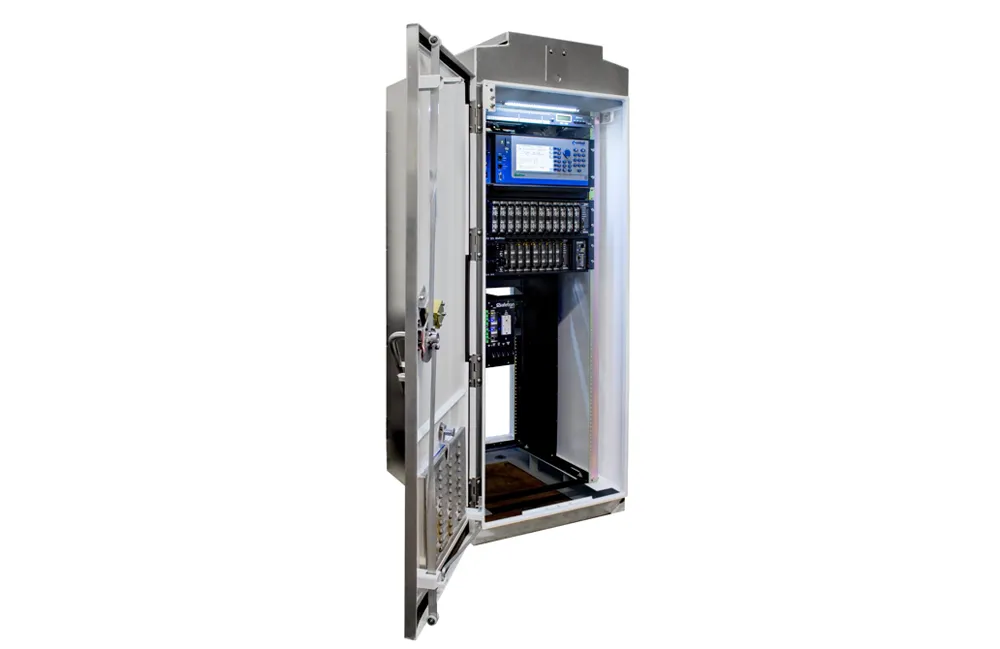
Spider OIM (optimising integral mobility) from Spanish company Ikusi is designed for the supervision and management of large volumes of data from multiple sources and systems in cities.
Spider OIM centralises, processes and exploits data in a multi-modal manner to enable transport planners, operators and authorities to visualise it in a simplified and orderly way, to better understand the current mobility status. This is said to contribute to better decision making for reducing operational costs, coordinating resources and anticipating problems.
Other offerings from Ikusi include the Wolf TFM for transport fare management and Wolf RUC for road user charging. Its Eagle range includes vehicle detection, classification and identification to solutions aggregates all the vehicle data while its modular Bat system is a solution for the supervision and control of safety installations in multi-tunnel environments.










